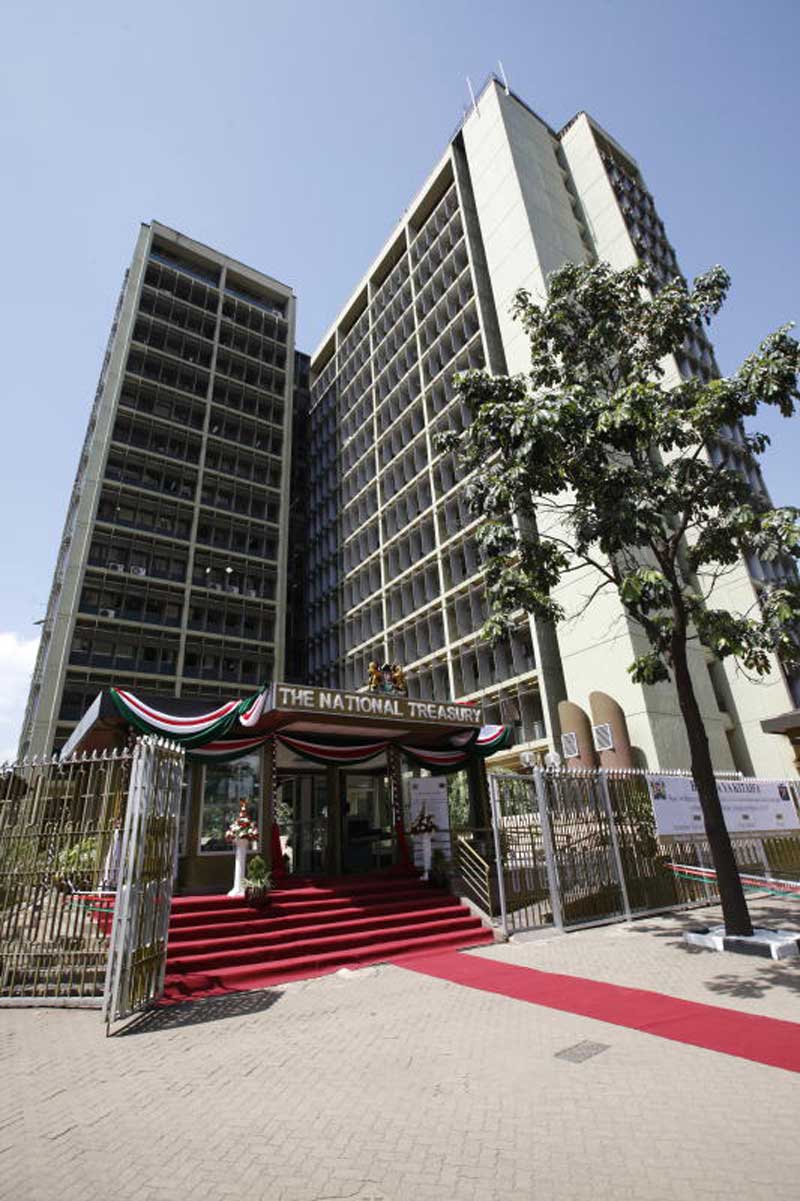×
The Standard e-Paper
Join Thousands Daily

Lobby groups have played down the recent new tax measures unveiled by Treasury, saying it was unlikely to grow government revenue.
According to the Institute of Public Finance Kenya and the East African Tax and Governance Network (EATGN), the new Income Tax Bill might be unveiled by Cabinet Secretary Henry Rotich sticks to old models of raising revenues that only tend to protect the rich, but are punitive to the poor and small businesses.